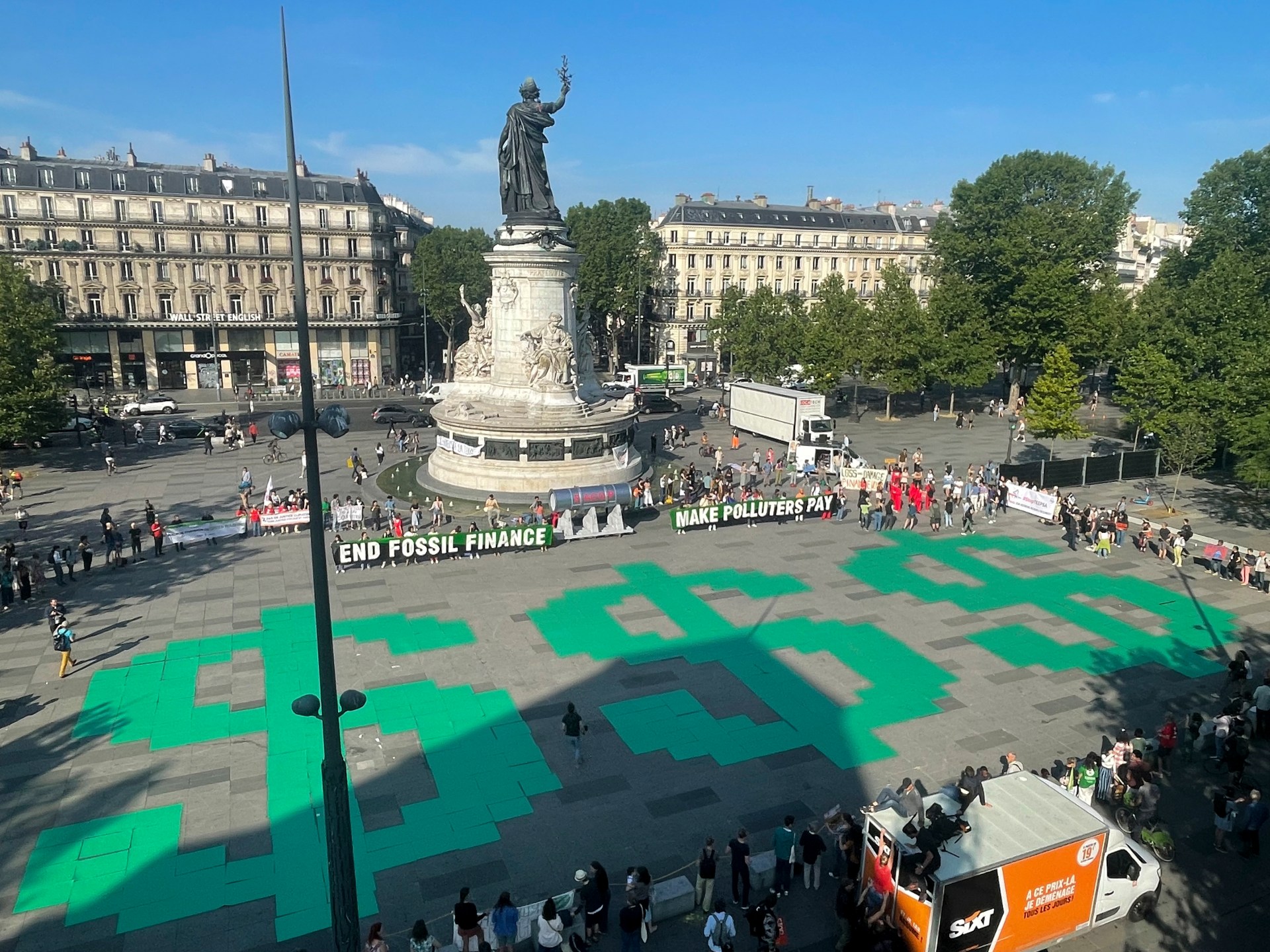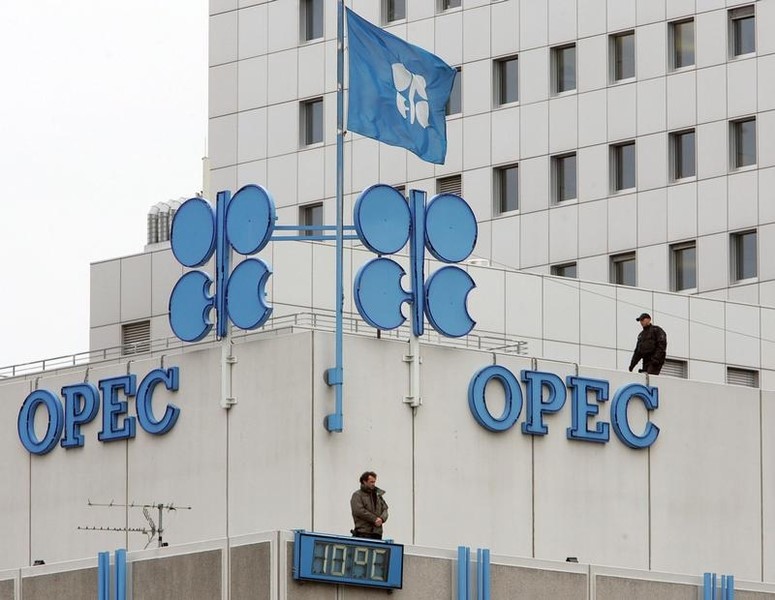Wednesday, June 28, 2023 | 2 a.m.
The collapse of a section of Interstate 95 in Philadelphia, smack dab in the middle of the densest region of the U.S., was an obvious disaster for the nation’s transportation network. But the demolition work began within hours and was completed well-ahead of schedule, repair work continues to be expedited, and a temporary roadway got cars moving over the weekend, just 12 days after the collapse. And all of it is being livestreamed, for anyone who wants to keep an eye on things.
Given the generally glacial pace of infrastructure projects in America, it’s hard not to be impressed by the overall speed of this process. It naturally raises the question: Why can’t America do this for everything?
The answer, unfortunately, is that delay is a policy choice — one governments at various levels have opted for over the past half-century, regularly prioritizing community input and litigation avoidance over the goal of getting something done quickly.
Contrast the I-95 bridge-rebuilding with another idea for moving cars more quickly through a northeastern megalopolis: congestion pricing for New York City. This was championed by then-mayor Michael Bloomberg in 2007-08 and had the support of U.S. Transportation Secretary Mary Peters. (Bloomberg is the founder and owner of Bloomberg LP.) It died due to opposition from suburban representatives in the New York State Legislature, which vetoed a neighboring jurisdiction’s ideas about how to manage its own roads.
Now the politics have changed and the city has a go-ahead for the program. But that came only after a multiyear environmental review to ascertain whether fewer traffic jams and more people riding mass transit was good or bad for the environment.
With the I-95 reconstruction in Philadelphia, there will be no such review — in part because rebuilding a highway is obviously bad for the environment. No study is required. But as it turns out, people like having functional highways even more than they care about air quality, so everyone is comfortable brushing off the review.
Most environmental objections to congestion pricing — or to bike lanes in California — are in bad faith, which makes them harder to overcome. (It’s not as if there are legitimate environmental concerns that can be addressed.) But even for relatively uncontroversial highway programs, an emphasis on speed has been the exception rather than the rule.
As Zachary Liscow and Leah Brooks have shown in a recent article in the American Economic Journal: Applied Economics, per-mile highway construction costs tripled between the 1960s and 1980s, with no increase in construction workers’ wages. What went wrong? They finger two culprits.
One is that the level of “citizen voice” in the process increased dramatically — wider ranges of stakeholders were given more opportunities to raise objections, making it harder for planners to insist on the most cost-effective routes and timetables. The other is that Americans got richer and bought more cars, so demand for highways remained strong no matter the cost. The interaction of these two factors led to a cost explosion.
It’s tempting to say that the high priority placed on the I-95 project by Gov. Josh Shapiro of Pennsylvania and other relevant officials accounts for the speedy process. But often the investment of political capital has the opposite impact. When a governor or mayor or senator lets it be known that a big project is a signature initiative, others see it as an opportunity. So they demand that the project come with some upgrades to nearby parks, or more noise-reduction barriers, or that the route be changed. The point is that once a project becomes a must-do, it gets an endless list of nice-to-have side benefits no matter what the impact on cost or timeline.
A classic example comes from the project to extend one line of the MBTA, greater Boston’s mass-transit system. As originally conceived, it was a pretty simple extension of an existing light rail line into an existing railroad trench that needed to be widened, accompanied by some brand-new stations. But over the course of the planning process, the project kept expanding. Besides widening the trench and adding new tracks, there was the matter of continuing bike/pedestrian paths parallel to the trench. And it wasn’t enough for the new stations to be similar to the existing stations; they had to be signature architectural works with custom landscaping.
Eventually a new governor came in, said it was too much money, and told them to rework the project to be cheaper. Lo and behold, they did — returning to something like the simpler early vision. So while the new line doesn’t have as many community benefits, the community does have a new mass transit line. If the governor had been more committed to the project, the community might have called his bluff and refused to settle for less.
On one level, this MBTA story, the I-95 rebuild and initiatives such as Operation Warp Speed or the speedy delivery of military hardware to Ukraine paint an optimistic picture of state capacity. There are clearly people in government who know how to get things done. On another level, that very fact is a reminder that there is no quick fix for the problems of cost bloat and delay.
To put it bluntly: Bringing in a new guy — whether it’s an “art of the deal” president or a U.S. transportation secretary from McKinsey — won’t necessarily speed things up. Because the delay comes not from government incompetence but from the great mass of citizens who demand more voice, more procedure, more consultation and more review.
Of course, it’s possible to do things more quickly. All it would require is copying the process — or, rather, lack of process — currently unfolding in Philadelphia.
Matthew Yglesias is a columnist for Bloomberg Opinion. A co-founder of and former columnist for Vox, he writes the Slow Boring blog and newsletter. He is author, most recently, of “One Billion Americans.”













